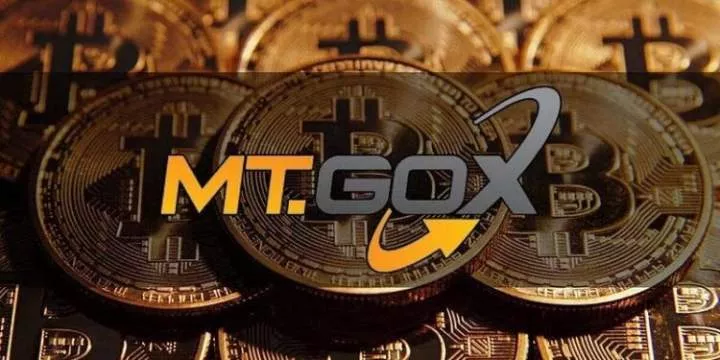
One notable facet of this crypto-boom is a website, bitcoincasino.us, where digital currency enthusiasts can fully utilize their virtual assets.
In this digital era, the revolutionary emergence of cryptocurrencies is redefining financial transactions in the U.S. and globally.
In the quest to examine this new frontier, this deep dive will explore the integral role of cryptocurrencies, especially in the American economy, and how it is reshaping several aspects of the socio-economic fabric in surprising ways. One notable facet of this crypto-boom is a website, bitcoincasino.us, where digital currency enthusiasts can fully utilize their virtual assets.
The Genesis of Cryptocurrencies
In the wake of the 2008 global financial crisis, a hitherto unknown figure - or perhaps a group - coined as Satoshi Nakamoto invented the primal cryptocurrency, Bitcoin. This digital 'gold' gained traction among tech junkies who found merit in a peer-to-peer electronic cash system, free from mediation by any financial institution. Throughout the next decade, Bitcoin's meteoric rise sparked a global shift toward digital currencies, inspiring the birth of more than 5,000 other cryptocurrencies. These digitized currencies have gradually integrated into various sectors, even forming the backbone of certain industries.
The Cryptocurrency Culmination in the U.S.
Equating cryptocurrencies to a modern-day gold rush isn't an exaggeration. Over the last decade, the U.S. has witnessed significant crypto penetration. The rise of Bitcoin's value from zero to over $40,000 within twelve years testifies to the country's increasing embrace of these digital assets. The wider acceptance of Bitcoin and other digital currencies is heavily influencing various dimensions of the U.S. economy. They are disrupting traditional practices in sectors as diverse as retail, real estate, and entertainment. The subsequent section analyzes how cryptocurrency is revolutionizing these areas.
Cryptocurrency Adaptation in Retail
In the U.S., numerous large retailers, including Microsoft, AT&T, and Overstock, now accept Bitcoin as a standard payment method. This disruption has prompted significant changes in consumers' spending habits and has even proven to enhance the operational efficiency of businesses.
Cryptocurrency Reshaping Real Estate
The property market is another key area where digital currencies are making a splash. There are documented instances where sellers accepted Bitcoin for multimillion-dollar properties. This trend illustrates the potential for a much broader adoption of cryptocurrency in real estate transactions, offering faster, more secure, and low-cost alternatives.
The Crypto-Influenced Entertainment Sector
Cryptocurrency has found its way into America's thriving entertainment industry as well. Many platforms now integrate crypto-technology into their operations, such as the website bitcoincasino.us. Here, users can enjoy an array of games using their crypto assets. This facet of cryptocurrency utilization showcases just how ingrained digital currency usage has become in daily life.
Examining the Pros and Cons
The advent of cryptocurrencies has stirred a mixed bag of reactions in the U.S. For proponents, decentralization offers greater control over personal finances, while critics express concern over potential misuse due to anonymity. It's worth mentioning that America's regulatory environment is evolving to secure the financial system from possible crypto-related misconduct while maintaining the obvious advantages.
An American Future Shaped by Cryptocurrency?
The trajectory of cryptocurrency integration into the U.S. economy remains uncertain. But as investment in digital currencies becomes more mainstream, it's clear that cryptocurrencies have etched a space in American economic discourse. The crypto frontier is still unfolding, with opportunities and risks going hand-in-hand. The challenge is for policymakers, businesses, and consumers to collaboratively navigate this brave new digital world.

















Comments